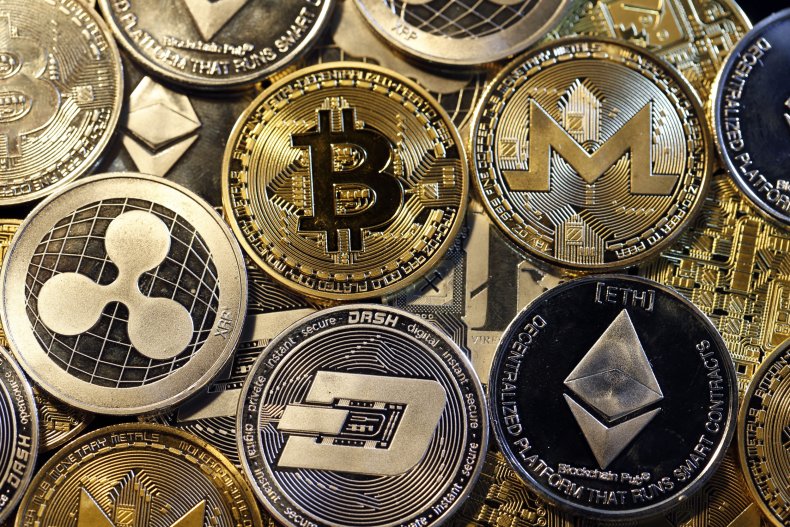ALEX J. ROUHANDEH
U.S. House, Securities and Exchange Commission (SEC) Chair Gary Gensler told Congress on Tuesday that his agency would not move to implement a ban on cryptocurrencies.
The topic was addressed after North Carolina Representative Ted Budd, a supporter of cryptocurrencies, asked whether the SEC would move forward in instituting a ban on the digital currencies like China instituted last month. To this, Gensler said:
"No, that would be up to Congress." He added, "I am technology-neutral. I think that this technology has been and can continue to be a catalyst for change, but technologies don't last long if they stay outside of the regulatory framework."
While Gensler has expressed concern over the crypto market, worrying that "people will be hurt," his recent comments fall in line with those of Federal Reserve Chairman Jerome Powell, who told members of Congress during a September 30 hearing that he had "no intention" of barring cryptos.
In China, regulators have taken the opposite approach.
 SEC Chair Gary Gensler said instituting a ban on cryptocurrencies like China did would be "up to Congress." Above, a visual representation of digital cryptocurrencies Bitcoin, Ripple, Ethernum, Dash, Monero, and Litecoin is displayed in Paris on February 16, 2018.PHOTO ILLUSTRATION BY CHESNOT/GETTY IMAGES
SEC Chair Gary Gensler said instituting a ban on cryptocurrencies like China did would be "up to Congress." Above, a visual representation of digital cryptocurrencies Bitcoin, Ripple, Ethernum, Dash, Monero, and Litecoin is displayed in Paris on February 16, 2018.PHOTO ILLUSTRATION BY CHESNOT/GETTY IMAGESOn September 24, authorities said cryptos were banned and they would go after miners and digital assets. Soon after, the offshore cryptocurrency exchange Huobi stopped allowing those with a phone number attached to mainland China to register for a new account, Bloomberg reported. Huobi later released a statement saying it would "gradually retire existing mainland China user accounts."
Later, a collation of China's Supreme Court, the People's Bank of China, police, and internet and securities watchdogs, signaled that enforcement of the ban would come from a number of different avenues. The loophole allowing Chinese citizens to invest through offshore exchanges was also closed.
The led many of the country's crypto miners to flee China, which once had a 46 percent share of the global hash rate, a measure of the power used in mining and processing, according to the Cambridge Bitcoin Electricity Consumption Index, according to Bloomberg.
According to data gathered by Statista, the United States stands number one in Bitcoin trading volume. Americans buy and sell over $1.5 billion worth of Bitcoin—more than twice the amount traded by the second-highest country, Russia, which buys and sells $421 million worth of the cryptocurrency.
As cryptocurrencies continue to be accepted by more businesses, where they stand within the global digital economy is expected become an ever-pressing question for regulators.
"What we want to do is provide some of the basic protections against fraud and manipulation," Gensler said in an interview with CNBC. "The trading platforms they're on are not currently under a regulatory regime that protects them like they're trading on the New York Stock Exchange."
No comments:
Post a Comment